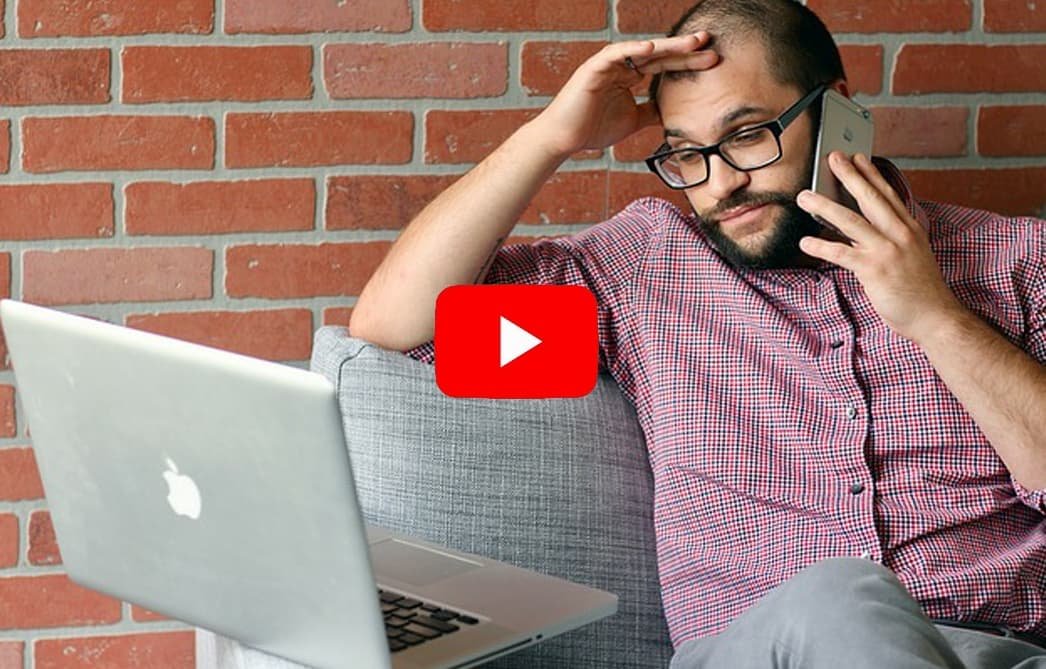Stress Management Techniques
In today’s fast-paced and demanding world, stress has become an almost inevitable part of daily life. While a moderate amount of stress can serve as motivation—helping us meet deadlines or achieve goals—chronic stress, when sustained over time, can have serious consequences for both mental and physical health. Persistent stress is linked to anxiety, depression, cardiovascular issues, weakened immunity, and a variety of other health concerns.
Understanding the importance of effective stress management is essential for maintaining balance, resilience, and overall well-being. Fortunately, a range of scientifically supported techniques can help individuals reduce stress, improve emotional regulation, and foster a healthier lifestyle. These methods span mindfulness practices, relaxation strategies, lifestyle adjustments, and behavioral techniques, all designed to be practical, accessible, and adaptable to diverse routines and preferences.
This guide explores these evidence-based stress management strategies in detail, offering a comprehensive approach for anyone seeking to take control of their mental health and cultivate a more peaceful, balanced life. By integrating these techniques into daily routines, individuals can build resilience, enhance emotional stability, and enjoy long-term wellness.
Cognitive Behavioral Therapy (CBT)
Cognitive Behavioral Therapy (CBT) is widely recognized as one of the most effective, evidence-based approaches for managing stress and related emotional challenges. Its structured, goal-oriented framework focuses on identifying and reshaping negative thought patterns that contribute to anxiety, overwhelm, and emotional distress.
At the core of CBT is the principle that thoughts, emotions, and behaviors are deeply interconnected. By changing maladaptive thinking patterns, individuals can influence both their emotional responses and behavioral reactions. For those experiencing chronic stress, CBT provides a systematic method to understand the underlying causes of their stressors and develop practical strategies to manage them.
During CBT sessions, individuals learn to:
-
Recognize distorted or unhelpful thoughts that amplify stress.
-
Reframe perceptions to adopt more balanced and constructive viewpoints.
-
Develop effective coping mechanisms to handle stressors calmly and confidently.
-
Cultivate problem-solving skills and build a more positive outlook on life.
Over time, these cognitive and behavioral shifts reduce stress levels, enhance resilience, and empower individuals to face future challenges with greater confidence. CBT is highly versatile and can be delivered through individual therapy, group sessions, or digital platforms, making it accessible to a wide range of people.
A key feature of CBT is the use of homework assignments and practice exercises, which reinforce learned skills and encourage consistent application outside of therapy. Its evidence-backed efficacy, adaptability, and practical focus make CBT a cornerstone of modern stress management, offering individuals the tools to regain control over their emotional well-being.
Relaxation Techniques for Stress
Relaxation techniques are a cornerstone of effective stress management, providing both immediate relief from acute stress and supporting long-term emotional stability. These practices work by activating the body’s relaxation response—a physiological state characterized by lowered heart rate, reduced blood pressure, decreased muscle tension, and balanced cortisol levels.
Some of the most widely used and effective relaxation methods include deep breathing exercises, progressive muscle relaxation, guided imagery, and mindfulness meditation:
-
Deep Breathing Exercises: Slow, deliberate breathing helps regulate the nervous system and promote a sense of calm and clarity. Techniques like diaphragmatic breathing or box breathing can be particularly effective for reducing stress in the moment.
-
Progressive Muscle Relaxation (PMR): This involves systematically tensing and relaxing different muscle groups, helping to release physical tension and enhance overall relaxation.
-
Guided Imagery: By visualizing peaceful and calming environments—such as a serene beach or a lush forest—individuals can divert attention from stressors and evoke a sense of tranquility.
-
Mindfulness Meditation: Focusing on the present moment allows individuals to observe thoughts and emotions without judgment, reducing rumination and emotional reactivity.
Regular practice of these techniques can lead to improved emotional resilience, decreased anxiety, and enhanced overall mental health. Incorporating relaxation methods into daily routines, particularly during high-pressure moments, establishes a sustainable foundation for managing stress effectively, maintaining mental clarity, and fostering emotional balance.
Additional Stress Management Strategies for a Holistic Approach
While cognitive behavioral therapy and relaxation techniques are highly effective, a truly holistic approach to stress management also considers broader aspects of lifestyle and well-being.
-
Regular Physical Activity: Engaging in activities such as walking, yoga, swimming, or aerobic exercise helps reduce stress by releasing endorphins—natural mood enhancers—and lowering cortisol levels. Beyond physical benefits, exercise strengthens mental resilience, making it easier to handle daily stressors.
-
Balanced Nutrition: A diet rich in nutrients that support brain health and emotional stability is vital. Foods high in omega-3 fatty acids, antioxidants, vitamins, and minerals can positively impact mood, cognitive function, and overall well-being.
-
Social Support: Strong connections with family, friends, or support groups provide emotional comfort, validation, and practical assistance during challenging times. Nurturing relationships acts as a buffer against stress and fosters a sense of belonging.
-
Sleep and Self-Care: Prioritizing sufficient sleep, engaging in hobbies, and practicing regular self-care are essential for resilience. Quality rest restores energy, sharpens mental focus, and stabilizes emotions.
-
Time Management and Boundaries: Setting realistic goals, prioritizing tasks, and learning to say no when overwhelmed prevent burnout and promote a sense of control over one’s life.
-
Mindful Living: Approaching daily life with mindfulness—paying attention to the present moment, maintaining a positive outlook, and thoughtfully prioritizing tasks—enhances emotional resilience and supports long-term stress management.
By integrating these strategies into everyday life, individuals can build a comprehensive and sustainable framework for managing stress. This holistic approach empowers people to navigate life’s inevitable challenges with greater ease, confidence, and emotional stability.
🏆 Say Goodbye to Stress: Choose the Right Solution for a Calmer You
Creating a Personalized Stress Management Plan
Every individual experiences stress differently, which makes personalized stress management plans essential. The first step is self-assessment: identifying specific stress triggers, evaluating current coping strategies, and recognizing patterns that worsen stress.
Once these insights are clear, individuals can tailor techniques that fit their lifestyle, preferences, and needs. For example:
-
Some may find the greatest relief through mindfulness meditation combined with regular physical activity.
-
Others may benefit more from cognitive restructuring exercises paired with social support.
Setting clear, realistic goals and tracking progress over time is crucial for staying motivated and adjusting strategies as circumstances change. Flexibility is key—what works in one phase of life may require modification in another.
Seeking guidance from mental health professionals can offer additional support, particularly for persistent or overwhelming stress.
A personalized plan ensures that stress management efforts are effective, sustainable, and empowering. It allows individuals to take ownership of their well-being, build resilience, and maintain long-term mental and physical health, better equipping them to face future stressors with confidence.
Conclusion: Trustworthy Methods for a Healthier Life
Effectively managing stress is essential for maintaining overall health, enhancing quality of life, and supporting emotional well-being. The strategies discussed—ranging from cognitive behavioral therapy to relaxation techniques and lifestyle modifications—are scientifically validated and have consistently demonstrated their ability to reduce stress and foster mental resilience.
Incorporating these methods into daily routines enables individuals to approach life’s challenges with calmness, clarity, and confidence. By building a personal toolkit of reliable stress management techniques, people can cultivate lasting habits that promote mental and physical health.
The journey toward a healthier, balanced life begins with awareness, commitment, and consistent practice. With patience and perseverance, anyone can transform stress management from a temporary solution into a sustainable, empowering lifestyle—leading to greater emotional stability, improved well-being, and a more fulfilling life.
🏆 Say Goodbye to Stress: Choose the Right Solution for a Calmer You
YOU MAY ALSO LIKE:
Understanding Stress: The Complete Guide to Managing Your Well-Being
Stress Management Strategies for Better Emotional Well-Being
Why Stress Matters: Understanding Its Impact on Health and Well-Being
Mastering Stress: Proven Tips for a Calm and Focused Life
The Emotional Journey of Stress: How to Heal and Move Forward
Stress and Your Health: Why Stress Management Matters for Everyone
Stress Reduction Strategies for a Peaceful and Balanced Life
Stress and Its Universal Impact: Understanding the Power of Stress on Daily Life
Stress Relief Tips for Everyone: Simple Ways to Create Balance in Daily Life








